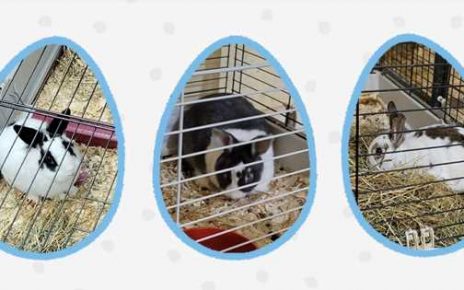
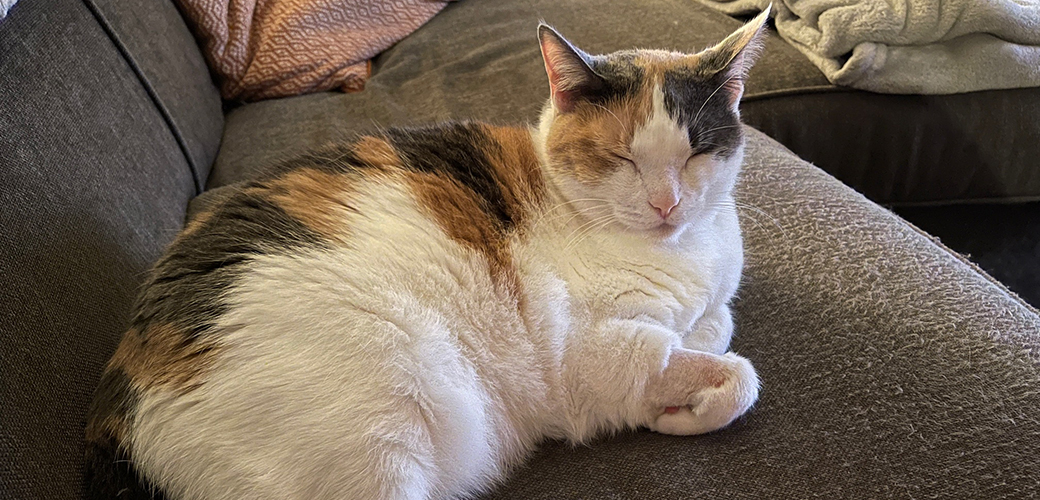
The ASPCA Animal Poison Control Center (APCC) receives thousands of calls each year involving cats exposed to lilies. Lilies from the Lilium and Hemerocallis genera have been linked to acute kidney injury in cats after ingestion; and even a sniff of a small amount of pollen is enough to lead to concerns, as Callie’s owners found out one Friday morning.
Callie, a seven-year-old female Calico, wandered over to her pet parents and politely vomited up a single flower petal. Callie’s pet parents had received a bouquet two days earlier and, concerned that Callie may be curious, chose to keep it in a spare room out of Callie’s reach. However, Callie was somehow able to stealthily make it into the room as evident by that solitary petal.

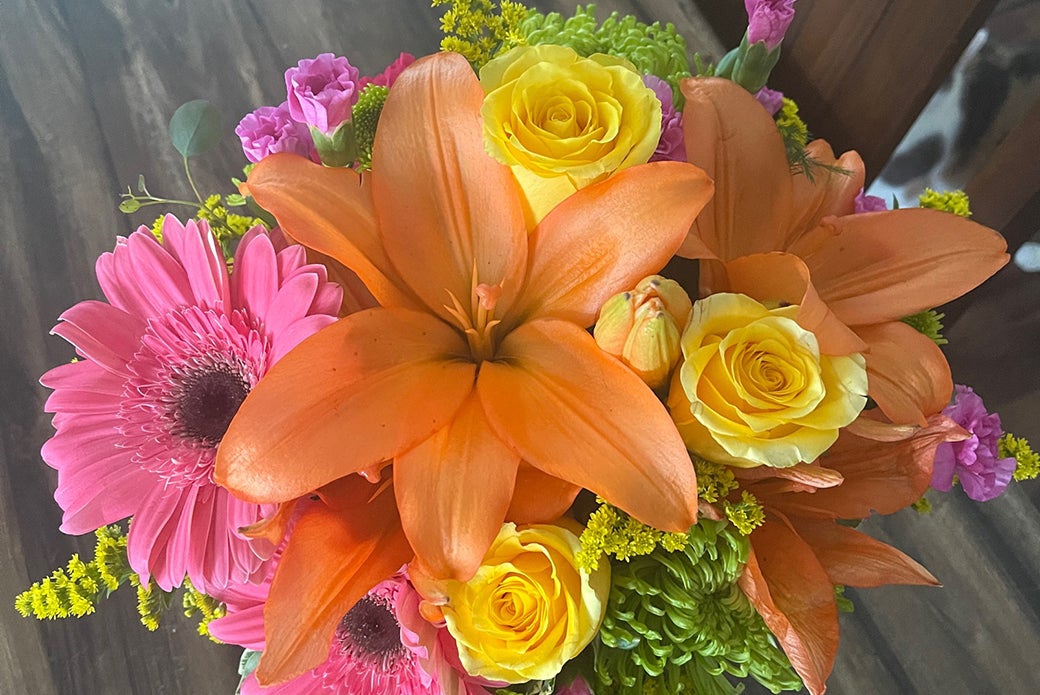
Her pet parents had seen an ASPCA social media post on the dangers of lilies to cats and knew that the exposure was serious. They took Callie into the local veterinary clinic where she was assessed and the APCC was contacted. Using pictures the owners brought with them to the clinic, the staff at the APCC were able to identify the lily in question as Lilium asiatica—a problem for Callie.

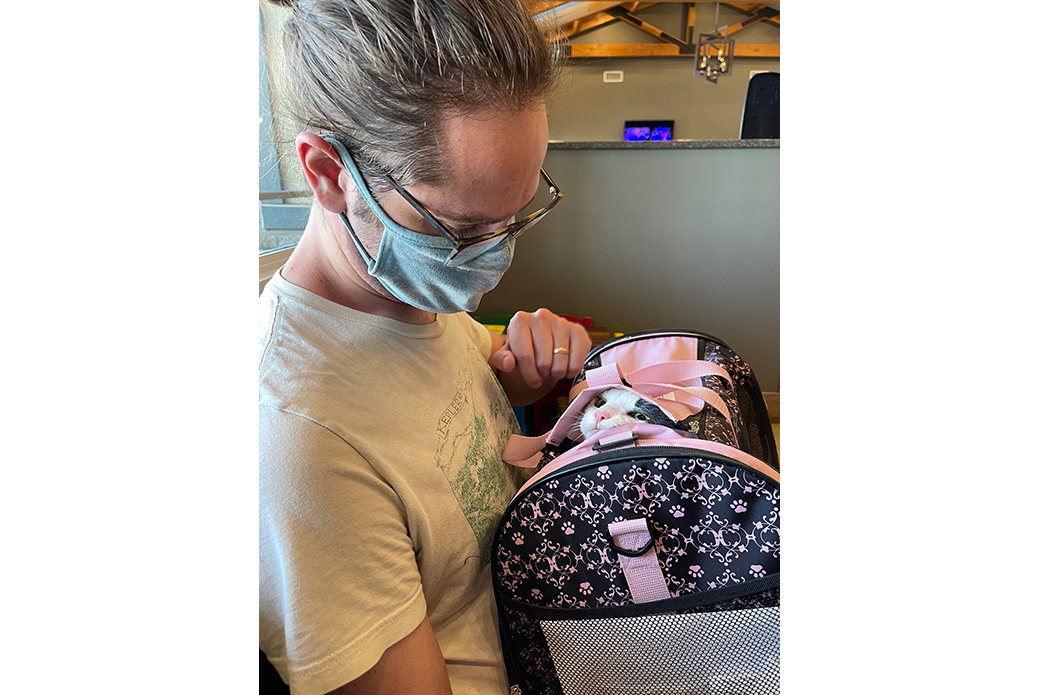
Together, Callie’s treating veterinarian and the APCC worked out a detailed treatment plan. Over the course of the following two days, Callie received intravenous fluid therapy and her bloodwork and urine were evaluated to monitor her kidney health. Since Callie was already symptomatic, she was also placed on medication to alleviate her nausea. After her two day stay at the veterinary clinic, Callie was deemed stable enough to be monitored at home. Today, Callie is back to her old self!

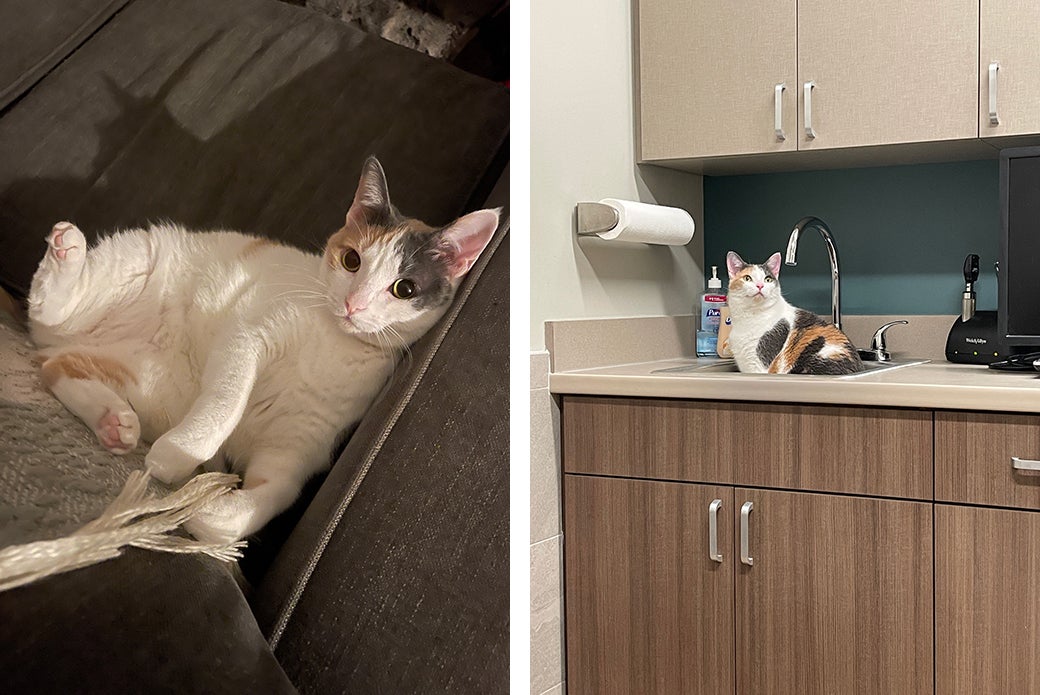
While it only takes small exposure to potentially cause acute kidney injury, if the exposure is caught quickly, steps can be taken to ward off life-threatening problems. The best way to ensure that your pet doesn’t come into close contact with these types of plants is to inspect any incoming bouquets and to stop Lilium and Hemerocallis flowers from even making it past the front door. The APCC’s full list of poisonous plants can be a great resource to help you protect your pets year-round!
If you believe that your cat may have been exposed to or ingested a lily, please contact your veterinarian or the ASPCA Animal Poison Control Center at (888) 426-4435 immediately.
Source: Read Full Article

